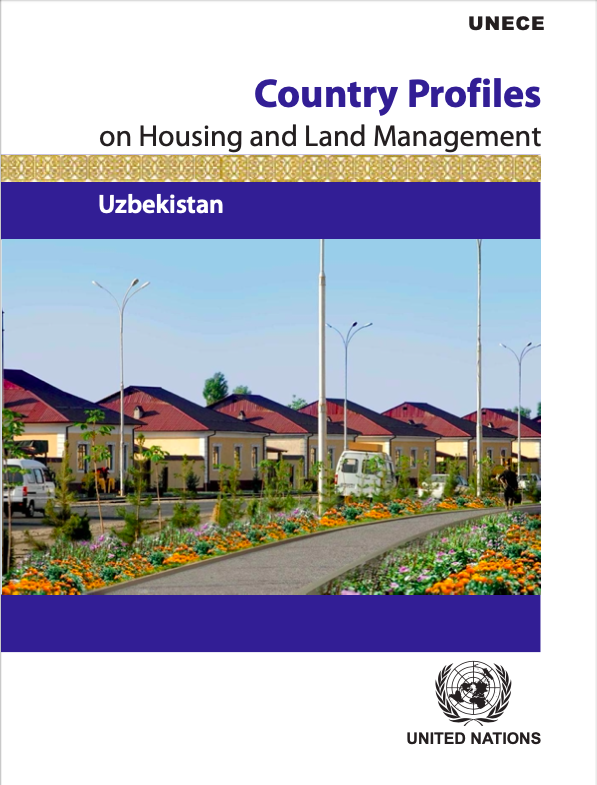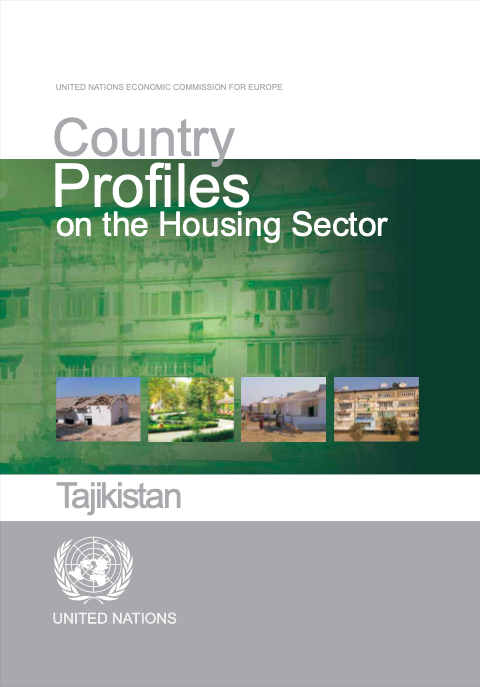Mission
The United Nations Economic Commission for Europe (UNECE) was set up in 1947 by ECOSOC. It is one of five regional commissions of the United Nations. The others are the :
- Economic Commission for Africa (ECA),
- Economic and Social Commission for Asia and the Pacific (ESCAP),
- Economic Commission for Latin America and the Caribbean (ECLAC),
- Economic and Social Commission for Western Asia (ESCWA).
UNECE's major aim is to promote pan-European economic integration. UNECE includes 56 member States in Europe, North America and Asia. However, all interested United Nations member States may participate in the work of UNECE. Over 70 international professional organizations and other non-governmental organizations take part in UNECE activities.
UNECE's terms of reference have been defined by ECOSOC.
As a multilateral platform, UNECE facilitates greater economic integration and cooperation among its member countries and promotes sustainable development and economic prosperity through:
- policy dialogue,
- negotiation of international legal instruments,
- development of regulations and norms,
- exchange and application of best practices as well as economic and technical expertise,
- technical cooperation for countries with economies in transition.
UNECE contributes to enhancing the effectiveness of the United Nations through the regional implementation of outcomes of global United Nations Conferences and Summits. It gives focus to the United Nations global mandates in the economic field, in cooperation with other global players and key stakeholders, notably the business community.
UNECE also sets out norms, standards and conventions to facilitate international cooperation within and outside the region.
Members:
Resources
Displaying 6 - 8 of 8Country Profiles on Housing and Land Management: Uzbekistan
This Country Profile on Uzbekistan is the eighteenth in the series. The country profile programme continues to focus on specific challenges or achievements in the housing and land management sectors that are particularly relevant to the country under review. In the case of Uzbekistan, these issues include housing policies and government support measures for the construction of housing in rural areas; the increased demand for housing of the fast-growing population; and the depleted urban infrastructure inherited from Soviet times.
Country Profiles on the Housing Sector - Tajikistan
The country profiles on the housing sector are intended to assist Governments of countries with economies in transition to improve the performance of their housing sector and, at the same time, to promote sustainable development. The reviews analyse trends and policy developments and make an overall assessment of the political, economic and social framework of the housing sector. This work was initiated by the United Nations Economic Commission for Europe (UNECE) Committee on Housing and Land Management in the early 1990s in response to requests from UNECE member States.
Land Administration Review: Armenia
At its sixty-first session in September 2000, the ECE Committee on Human Settlements accepted the proposal of the Bureau of the Working Party on Land Administration to provide expert assistance to Armenia on land administration issues (ECE/HBP/119, annex I, programme element “Land registration and land markets”). Security of tenure is one of the most important factors in fighting poverty and stabilizing communities by improving housing conditions through housing investments, reducing social exclusion, improving access to urban services, environment and safety in urban areas.




